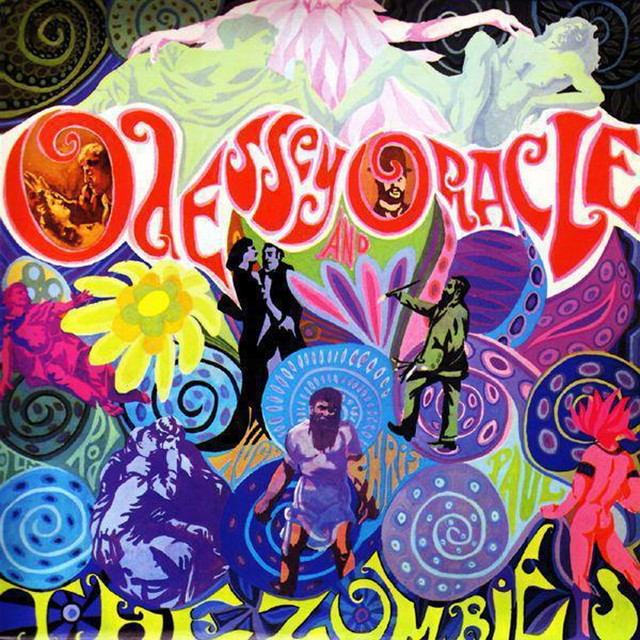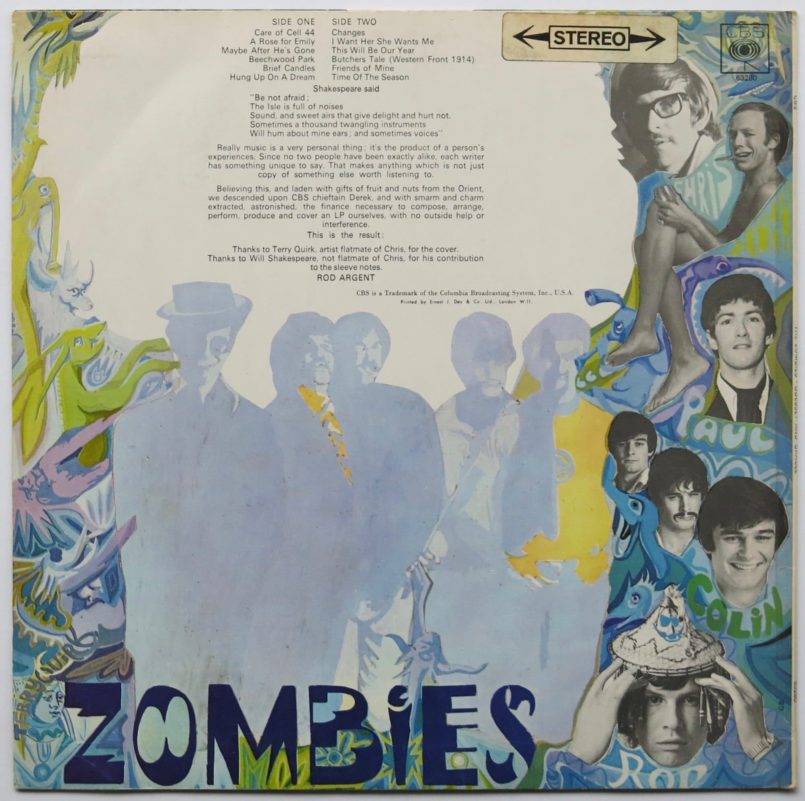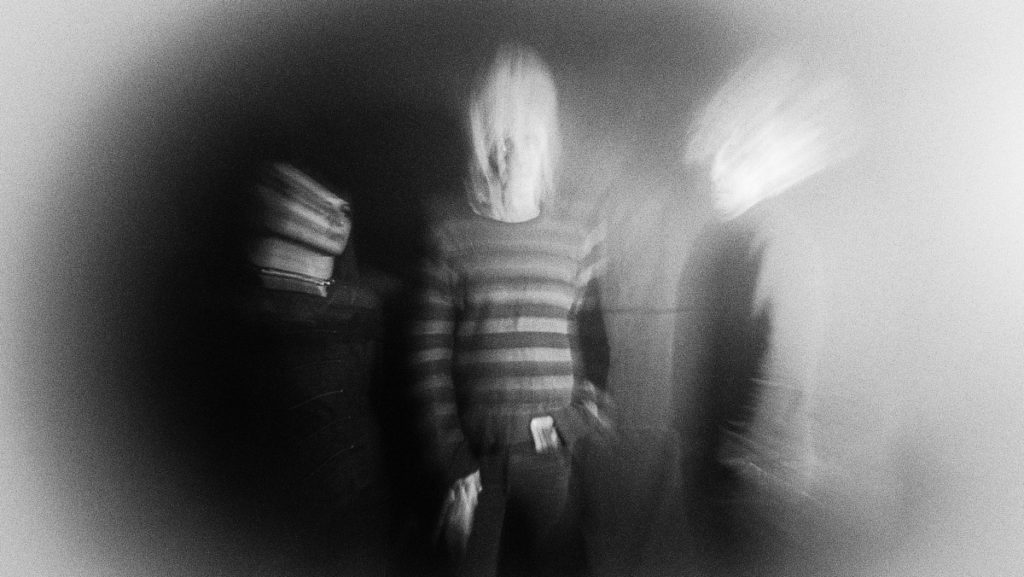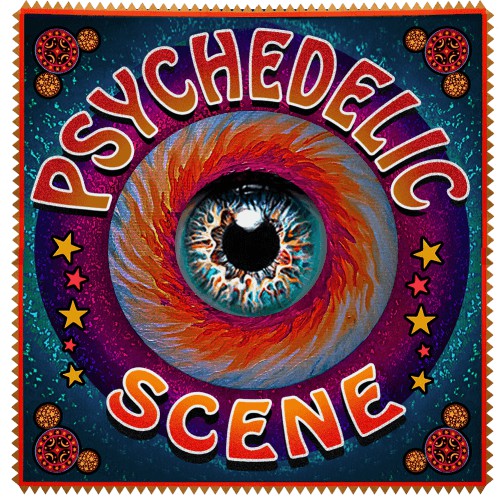The Psych Ward: Oddessey and Oracle by The Zombies
The Psych Ward: Oddessey and Oracle by The Zombies
It’s astounding that Oddessey and Oracle was overlooked upon its release in 1968. The Zombies knew while working on the album in the summer of 1967 that they’d likely break up after the album was released, and they did. The album flopped and the members went their separate ways. But something strange happened. “Time of the Season”, the final cut on the album, became a hit belatedly and the album charted in 1969.
By the summer of 1967, despite two hit singles (“Tell Her No” and “She’s Not There”), The Zombies had been cut by Decca Records. And even though they signed to a new label, they had to independently finance a stereo version of Oddessey and Oracle, because the label required it in stereo. After all that, the album flopped with its UK release in ‘68, and the band members went their separate ways. Oddessey and Oracle sat virtually unnoticed until the eleventh hour of the decade, when the last cut on the album, “Time of the Season” became a hit in America.
So how could a high-quality psychedelic album by a band as well-known as The Zombies go almost completely unnoticed and unappreciated at the height of the psychedelic ‘60s? I mean, it was mostly recorded during the summer of love and should have resulted in an immediate, and giant, hippie orgasm. Instead, it withered on the vine and almost died. Maybe it had been too long since the band’s previous studio LP in 1965. Perhaps Cream and Hendrix were leading rock fans to believe that heavy was the only way to go.
I first became a fan of The Zombies in college in the 80s but didn’t hear Oddessey and Oracle till many years later. When I did, it was love at first listen. The album is full of lush arrangements, amazing harmonies, breathy vocals, and brilliant compositions.
“A Rose for Emily” is a beautiful, eerie, and melancholy piano ballad about a woman who sees love blooming all around her while receiving none of it.
“Maybe After He’s Gone” is an up-tempo tune with gorgeous, layered harmonies. It’s gentle, sensitive, and perhaps a bit pathetic in sentiment, as the singer yearns to have his girlfriend back once her new boyfriend leaves her.
The most psychedelic song on the album, “Beechwood Park”, reminisces of a time past and features a quivering guitar and an otherworldly keyboard.
Related: Colin Blunstone Interview
The Top 100 Psychedelic Rock Artists of All Time
The 100 Best Psychedelic Rock Albums of the Golden Age
The Top 200 Psychedelic Songs from the Original Psychedelic Era
The opening track, “Care of Cell 44”, is an upbeat number with 60s-style harmonies. Lyrically, it’s odd in that it’s about yearning to see an imprisoned lover once she’s done serving her sentence.
“Time of the Season”, the album’s closer, is unlike the other songs on the album in that it’s seductive and cocky. It features the classic keyboard work of composer Rod Argent and includes the familiar refrain “What’s your name (What’s your name?) / Who’s your daddy? (Who’s your daddy?)/ Is he rich like me?” This is a song that everyone knows and can’t help singing along with.
So, how fortunate it is that Odyssey and Oracle did not fade into obscurity. In fact, over the years it grew in notoriety and is now regarded as a quintessential psychedelic 60s LP. It is certainly one of my favorite releases from that era and one that I never tire of hearing.
Related: The 100 Best Psychedelic Rock Albums of the Golden Age
The Top 200 Psychedelic Songs from the Original Psychedelic Era
Interview with Rod Argent of The Zombies
Gallery
Recent Articles
Drug Addiction Treatment
•
July 14, 2025

Loading...
Bebaloncar Charts New Terrain with “Words,” the Hypnotic First Single from Love to Death
- Georgia P. Taylor
Vinyl Relics: Before The Dream Faded by The Misunderstood
- Farmer John






